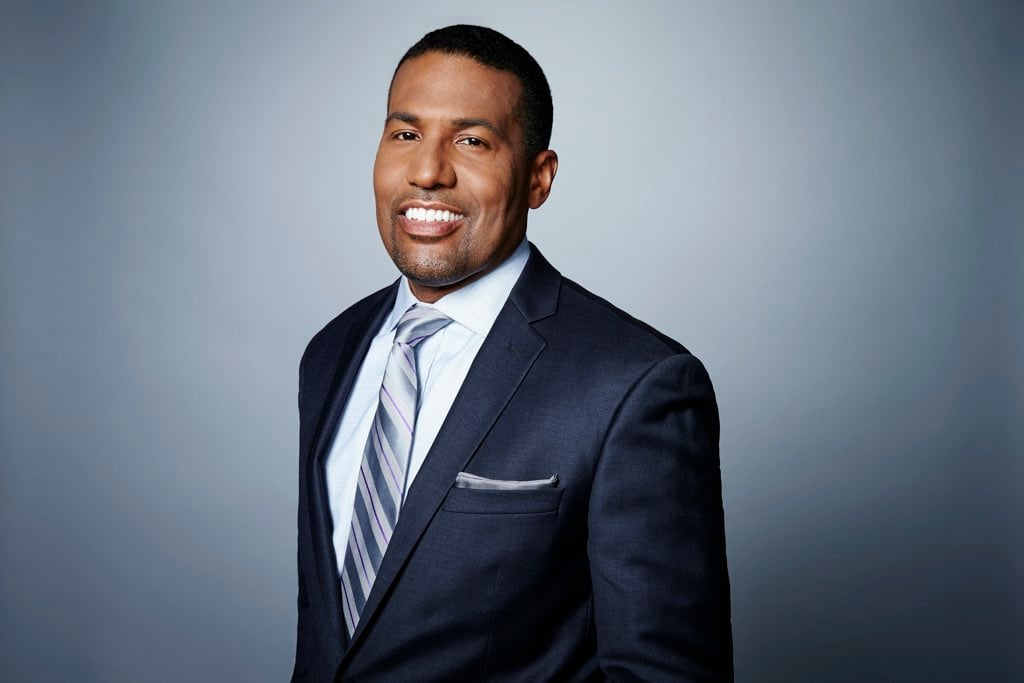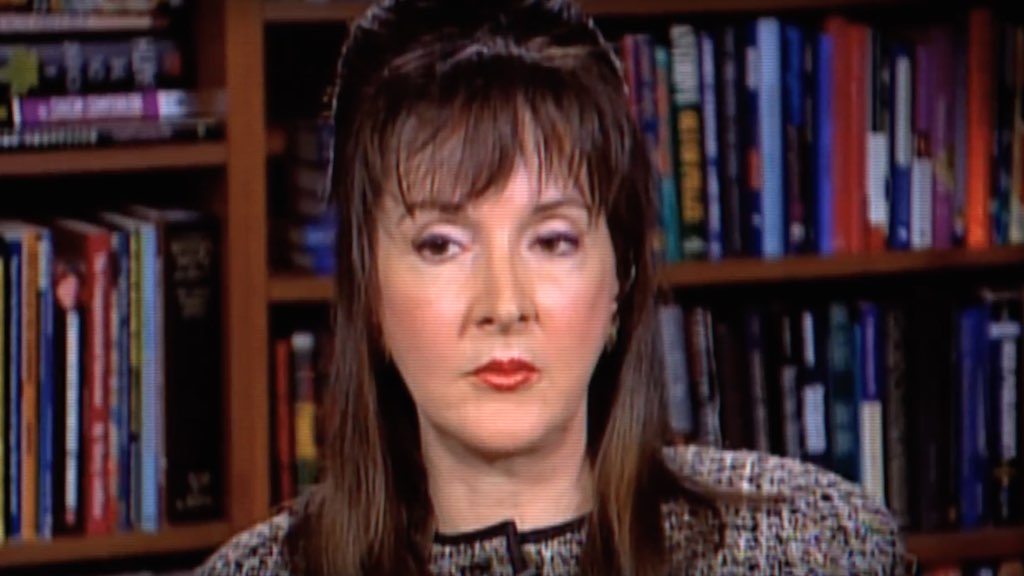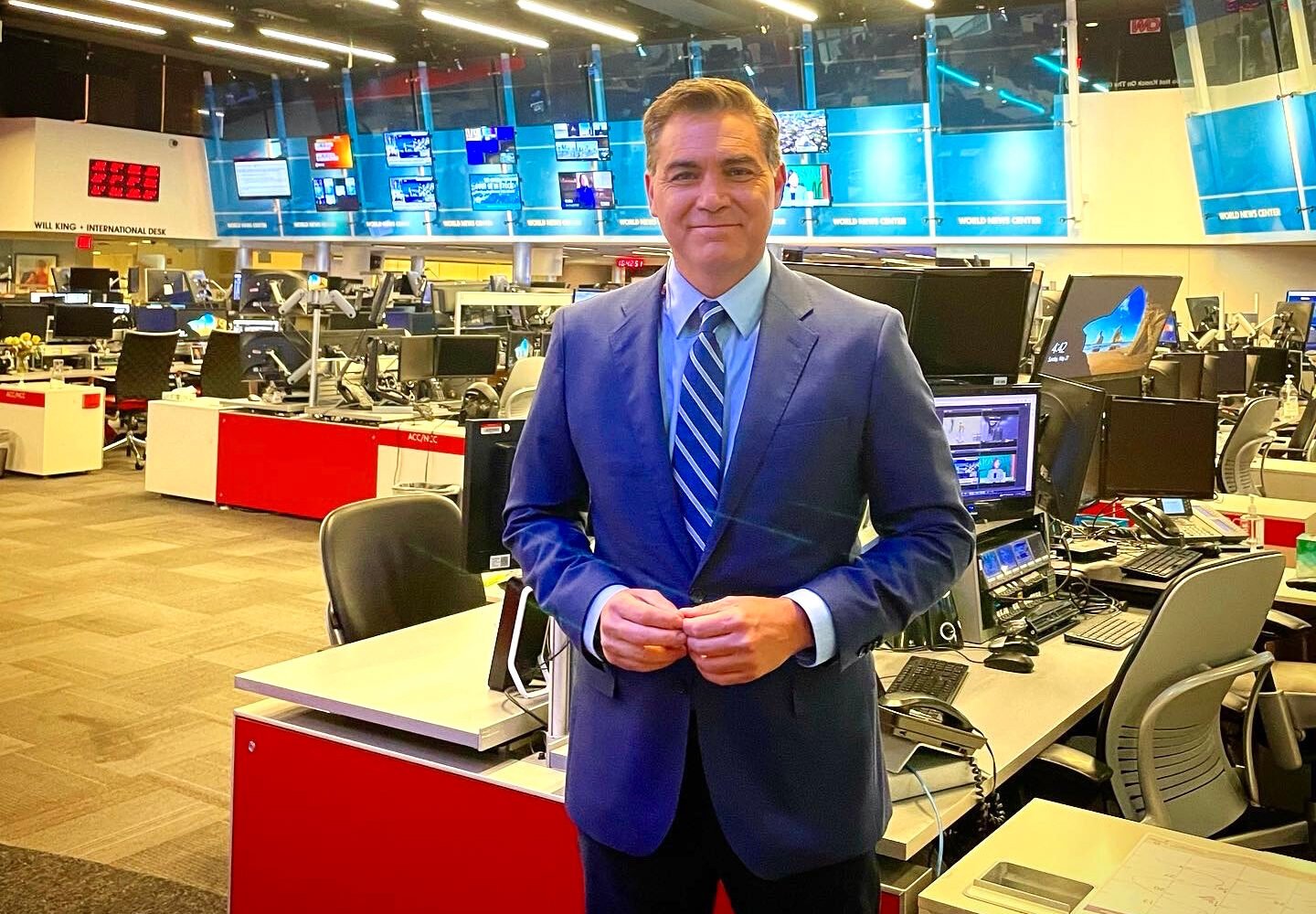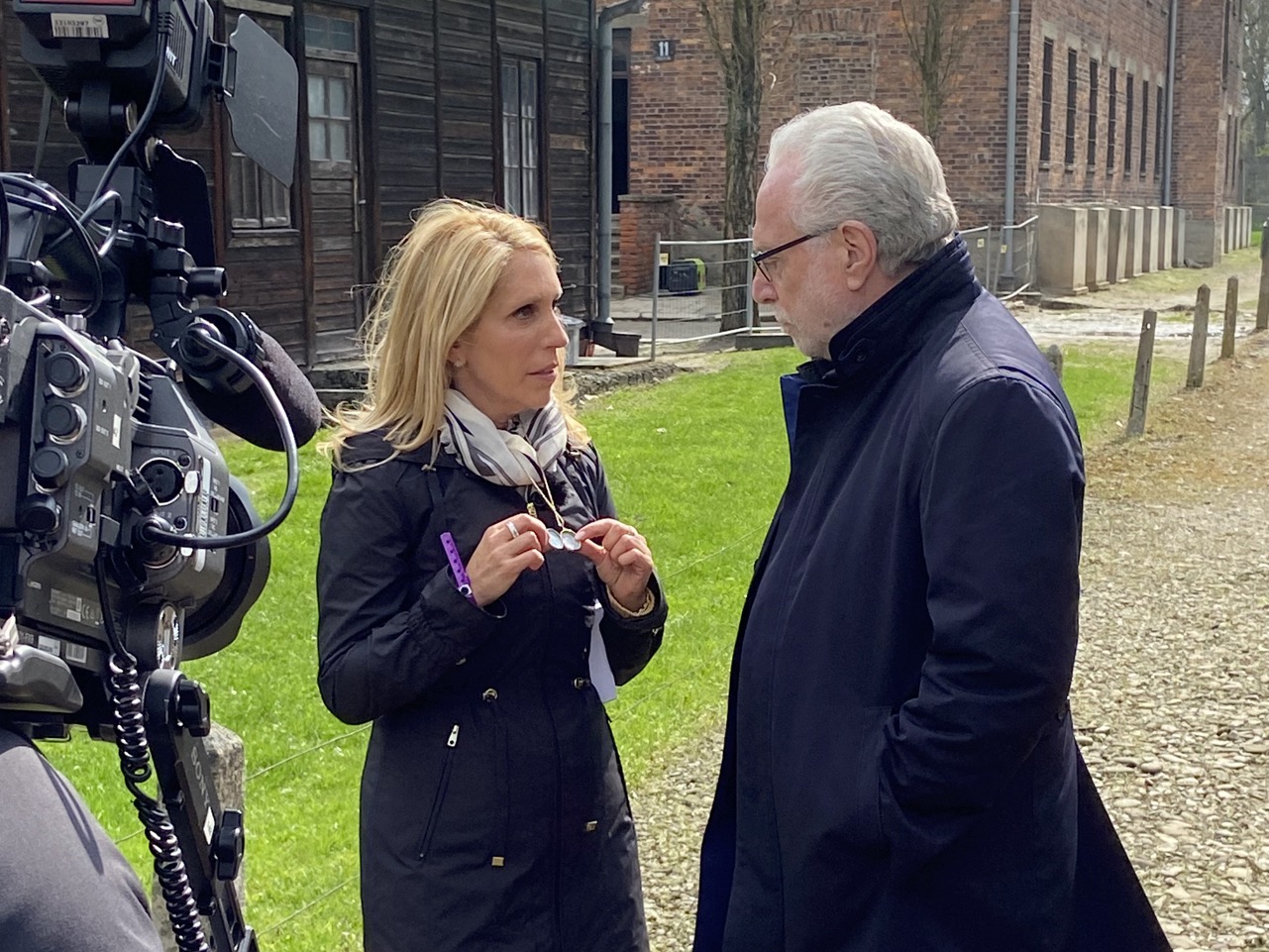Almost a decade after the apparent suicide of “DC Madam” Deborah Jeane Palfrey, her story finally gets its own docuseries episode on HLN. As part of the network’s series How It Really Happened with Hill Harper, HLN premieres the episode “DC Madam: The Woman Who Knew Too Much” Friday at 9 p.m. The hour-long episode will delve into the controversial life and mysterious death of Palfrey, who ran an escort service that catered to DC’s elite. Before her death, she threatened to expose the names on her client list, which some suspect may have included more than 10,000 names. Criminal defense attorney and CNN/HLN legal analyst Joey Jackson, who is featured in the episode, spoke to Washingtonian about what makes this such a compelling story.
What’s your role in this episode of the show?
They were kind enough to ask me to commentate and give some thoughts and perspectives on her arrest, prosecution, and exposing the Washington elite.
What did you know about this story beforehand?
My connection to the story was just one of a spectator like everybody else. It was this person who was going to out all these major Washington names and how they came after her for racketeering and money laundering. My connection was just as an interested observer, and I knew not at the time, I think it was 2008, that I would be doing commentary about it, let alone that it would go the way it did or that she would commit suicide. But life is just strange that way.

So what were you thinking as a spectator watching things unfold?
I thought she could’ve had pretty viable defenses. No one, I gather, runs an escort service that’s just a clean escort service with nothing else going on. But I always thought it would be viable if she had loyal clients who would really have an interest in saying that they didn’t do anything wrong. You have all these elitist Washington people, who are these power brokers, and you could just say “I needed someone to keep me company” and if there’s no physical contact, everybody’s great. But I gather it didn’t go that way. The prosecution believed there were a lot of things going on there, of the illegal variety. And the witnesses apparently testified as much.
What did you think of all the conspiracies surrounding her death?
Not that I’m a conspiracy type of guy, but I did kind of wonder whether there was something else behind it. Was it really a suicide? Are there other forces in play here? And even now when you have the reports that have been released saying it really was a suicide, you still kind of think was there something else going on. I can’t blame people for being conspiracy theorists about this. Because on the one hand, in the past, one of her clients committed suicide and she had sort of flippantly said “Well I guess she’s not made of what I’m made of.” And then she did make a statement that she didn’t want to go back to jail, she’d rather kill herself. And then she ends up dead. So it was kind of a contradiction. Maybe it wasn’t a suicide.
How do you go from looking at it as a spectator to looking at it as an analyst for the show?
Don’t let any lawyers tell you differently: even when a lawyer’s watching something as a spectator, they’re still analyzing it and putting their three cents in. Not that you know anything more than anyone else. But having the ability to be part of the show makes you take a fresh look at what was what and look a little closer at the evidence. Even having done that, I get where they convicted her, but I can’t definitively rule out maybe there was something else that happened. It wouldn’t be the first person that died in a “suicide” that may not have been a suicide. Again, I’m not a conspiracy theorist, I don’t go around saying “Who shot JFK?” or anything, but I just think sometimes where there’s smoke, there’s fire. I don’t know whether it’s thick smoke, thin smoke, really smoldering, or if it’s on fire. As an analyst I can’t tell people that she shouldn’t believe that. There’s so few absolutes in this world.
Why do you think it’s important to retell these kinds of stories?
There are always fascinating legal stories and sometimes there are those legal stories that just stand out. Like, OJ Simpson, jumps in your mind, and Rodney King, jumps in your mind. This, of course, was a case that stuck out. For a generation that may not have been aware of it, I think we should retell them and highlight the pros, the cons, the what happened, what do you think happened, and get to the truth. Ultimately trials are about getting to the truth, but no one has all day to be in a courtroom. People want you to break it down into digestible chunks where they can relate, understand, and be a part of the story. It really is a human interest story. It’s looking at someone’s fall from grace, if you will. And it’s looking at someone who was able to tap into the Washington establishment. Think about how nervous a person would be if they knew they were a client, knew she was being prosecuted, and knew she had this list that could expose so many people. I think it’s fascinating, not only as a legal story, but a story that’s timely politically and tied into Washington and the culture there. I think that people will be riveted.




















